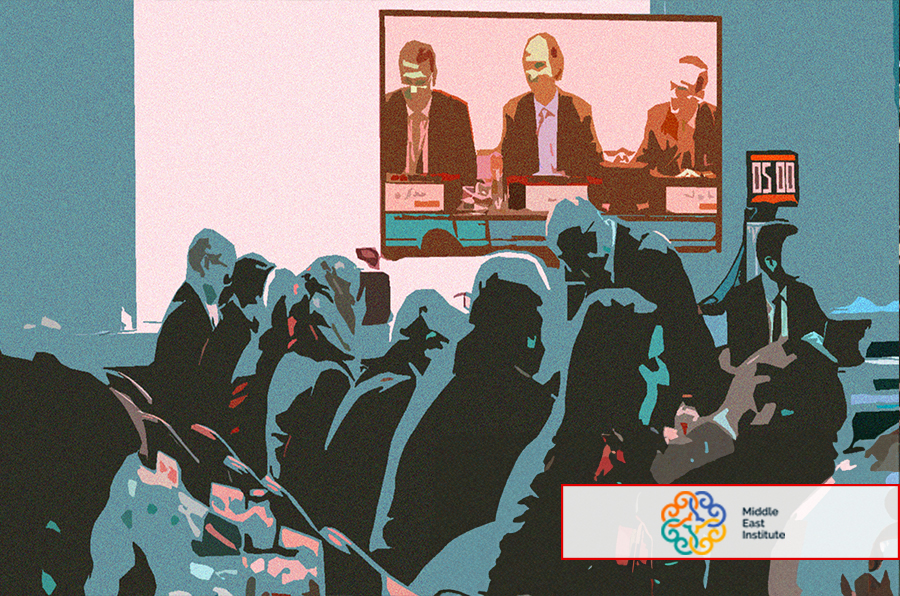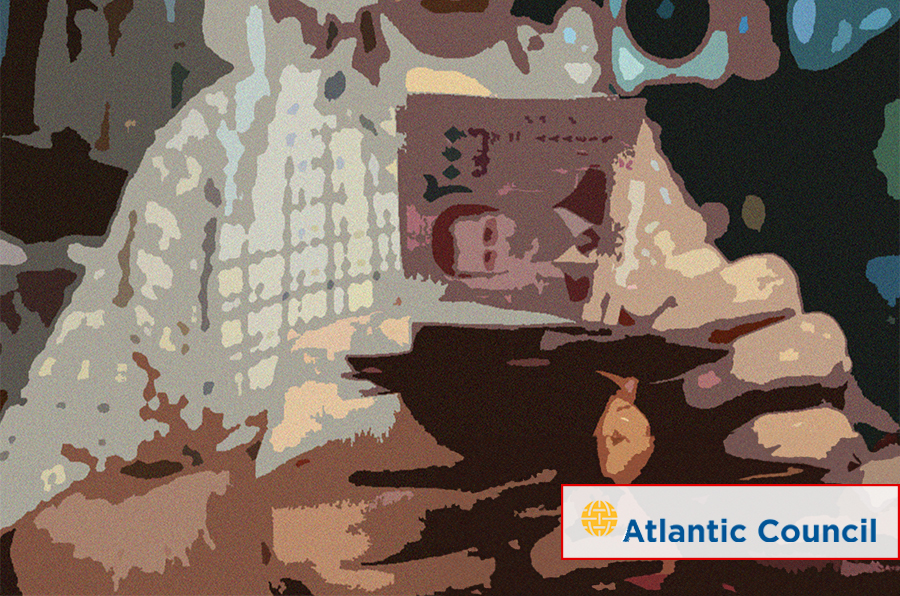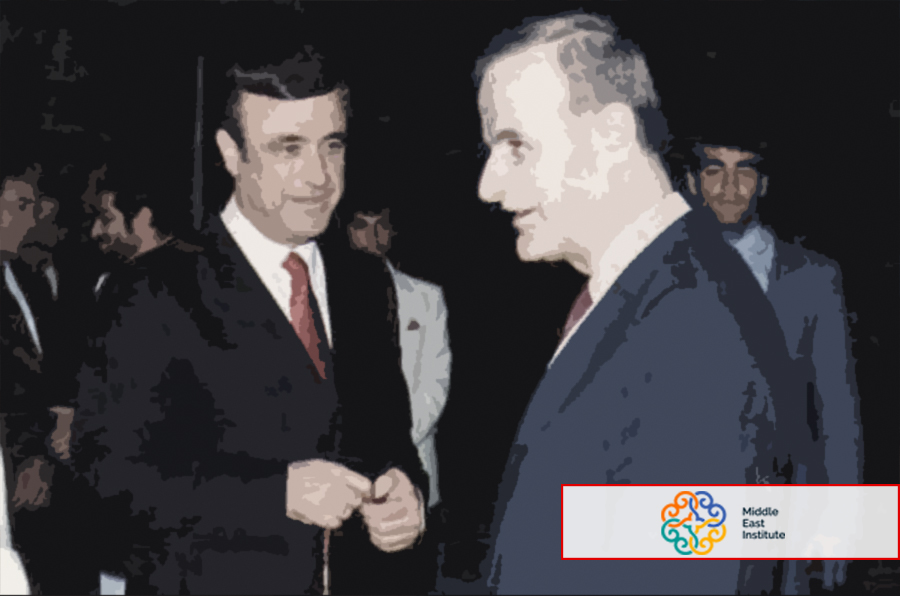Publications
Here we share all our published work, including peer-reviewed academic papers, policy papers, and op-eds.
Middle East Institute and Operations and Policy Center (joint publication) (Research Tool), Karam Shaar, Haian Dukhan and Ammar al-Hamad (24 Mar 2021)
Previous analyses have often misunderstood the intricate tribal structures in Syria, drawing false links between tribalism and terrorism. This interactive research tool, co-published by the Middles East Institute and the Operations and Policy Center, aims to shed light on the tribal structure in ar-Raqqah governorate, making it accessible to anyone interested in understanding the current state of affairs there.
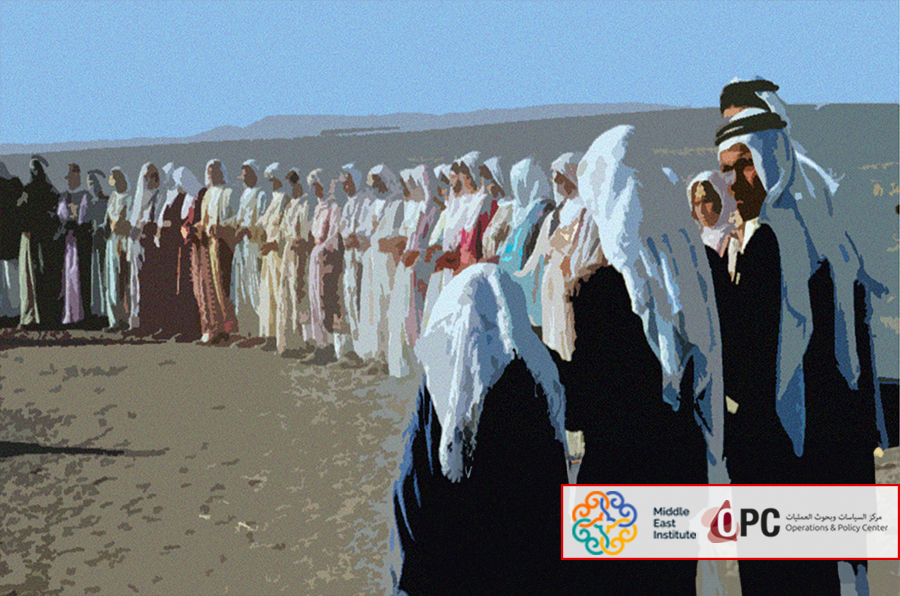
Middle East Institute (Research Tool), Karam Shaar and Samy Akil (Jan 14, 2021)
The composition of Syria’s parliament matters not because it influences the policies of the autocratic country, but because it provides an excellent lens through which we can understand the patronage and clientele networks of the al-Assad regime. Dr Karam Shaar and Samy Akil wrote this study on Syria’s 2020 parliamentary elections, published in the Middle East Institute. Using various sources, the study provides a very comprehensive summary of the backgrounds of all 250 MPs on 14 different variables (3,500 pieces of information). You can use the bespoke interactive visualization to interrogate the data and read the subsequent write up for a thorough discussion of the findings.
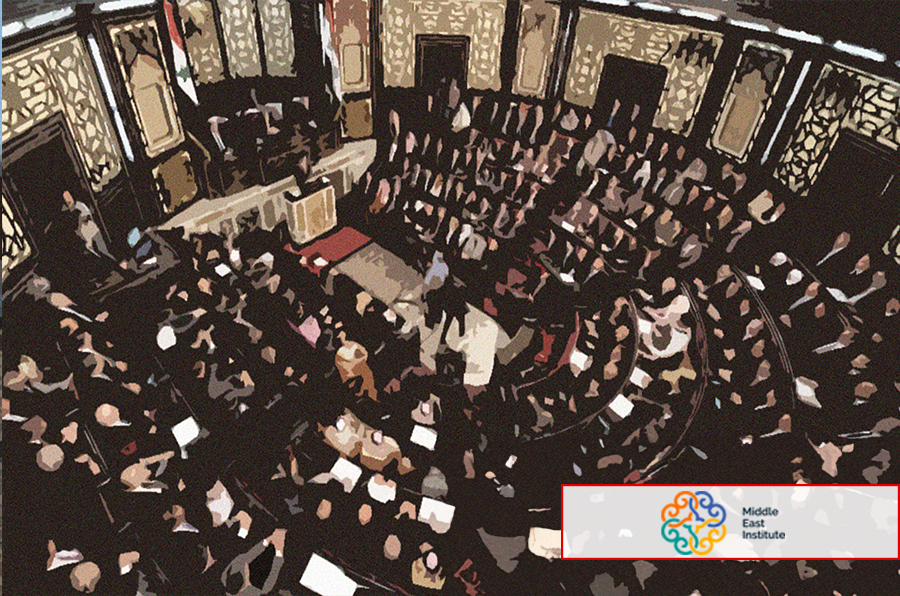
Middle East Institute (Research Tool), Karam Shaar and Ayman Dasouki (Jan 6, 2021)
This study investigates the composition of Syria’s Constitutional Committee by examining the background information of each of its 150 members. For each member, we examine the political affiliation, perceived closeness to the Syrian regime, gender, education, ethnicity, and religion, among other relevant variables. The findings are presented using an intuitive interactive visualization. We use our views on the composition of the Committee to predict the dynamics of its activities and to provide policy recommendations to boost its chances for success. The study is published in the Middle East Institute.
Atlantic Council (Op-ed), Karam Shaar and William Christou (Dec 1, 2020)
On September 28, the Syrian government proposed the 2021 budget, planned at 8.5 trillion Syrian pounds ($2.7 billion). The breakdown of the budget is still being debated in parliament. Due to the sharp depreciation of the Syrian pound and the accelerated slowdown in economic activity over the course of the current year, the 2021 budget is not only a 27 percent decrease compared to last year in inflation-adjusted (real) US dollar terms, but is also the smallest budget since the uprising in 2011. In this study with Will Christou, we provide a breakdown of Syria’s 2021 budget, revealing the depth of the country’s economic depletion.
Middle East Institute (Research Tool), Karam Shaar and Samy Akil (Nov 4, 2020)
This study presents an interactive timeline to aid those interested in the background of Syria’s heads of state and how power has changed hands since 1922. We also use the timeline to draw insights into the ongoing 2011 conflict. We open by highlighting the longstanding asymmetries in the distribution of power, and later zoom in on the past half century of al-Assad family rule. We conclude with a look into the future. The study is published in Middle East Institute as well.

